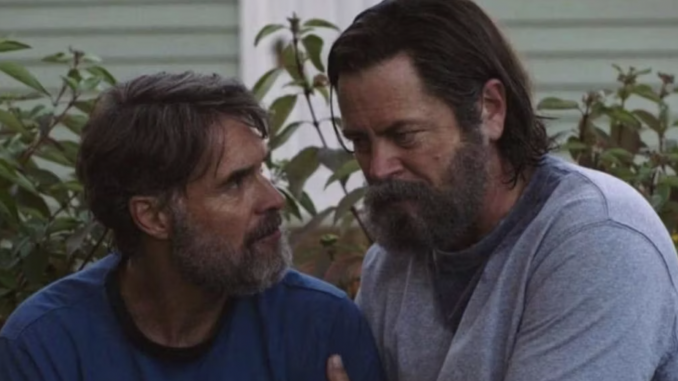
“The Last of Us:” Video Game Adaptation Hits TV Screens
Adaptations are difficult territory. Behind the production of an adaptation is the impetus to appeal to the uninitiated, while satisfying the existing fanbase. Therein lies a precarious balancing act. After all, the quality of an adaptation is judged by more considerations than an original work; not only must it be good, but it must be good compared to the source material and faithful to those characters, settings and stories that people already love. Perhaps most importantly, the adaptation must use its unique strengths to explore the blind spots of the original with the fresh eyes of a different medium. Otherwise, why even make an adaptation at all, if it only attempts to do what the original already has?
These caveats are especially relevant to a discussion of “The Last of Us,” the HBO Max series adapted from the 2013 Naughty Dog game of the same name. The game’s deep portrayal of Joel and Ellie’s journey across an America ravaged by fungal zombies and desperate survivors alike had many reconsider the presumption that video games were not art. The game was cinematic in its own right, so much so that the prospect of a TV series might strike some as redundant. But as of writing this — five episodes in and eagerly awaiting the sixth — I feel it appropriate to say that the show is so good, nourishing for both newcomers to this world as well as those that have already experienced the journey. It makes full use of the potential scope of a television series to accompany the source material or to stand alone.
First-person and third-person shooter video games such as “The Last of Us,” employ the perspective of the player seeing through the characters’ eyes to build immersion, tension and connection with the virtual world. Instead of attempting to replicate this sense, the show casts its gaze wider. Free from the third-person myopia, the television series gives additional depth to characters whom, in the game, you as the player can only interact with, thus only experiencing them in the second-person perspective. Cross-cutting is elegantly used in the show — a technique which is a staple in film and television, but is sparingly implemented in video games, because the abrupt changes in perspective would be jarring for the player.
The show gives an intimate understanding of these side characters’ inner lives, which is a joyful experience considering the writers have breathed new color into them through ample re-imaginings. In the game, Henry and Sam are simply brothers who enlist Joel and Ellie’s help to escape faceless hostile survivors. In the television series, those hostiles are the resistance of Kansas City, hunting the brothers because Henry (Lamar Johnson) had sold out their leader for execution to the despotic US government, in exchange for leukemia medicine for Sam (Keivonn Woodard). In the game, only Bill appears, his partner Frank already dead, the relationship between the two only hinted on; the third episode of the show features Bill (Nick Offerman) and Frank (Murray Bartlett) as the main focus, exploring their love story over twenty years, giving us not only one of the most nuanced portrayals of homosexuality to date, but one of the sweetest romances in television history. This is not rote regurgitation; this is revelation.
